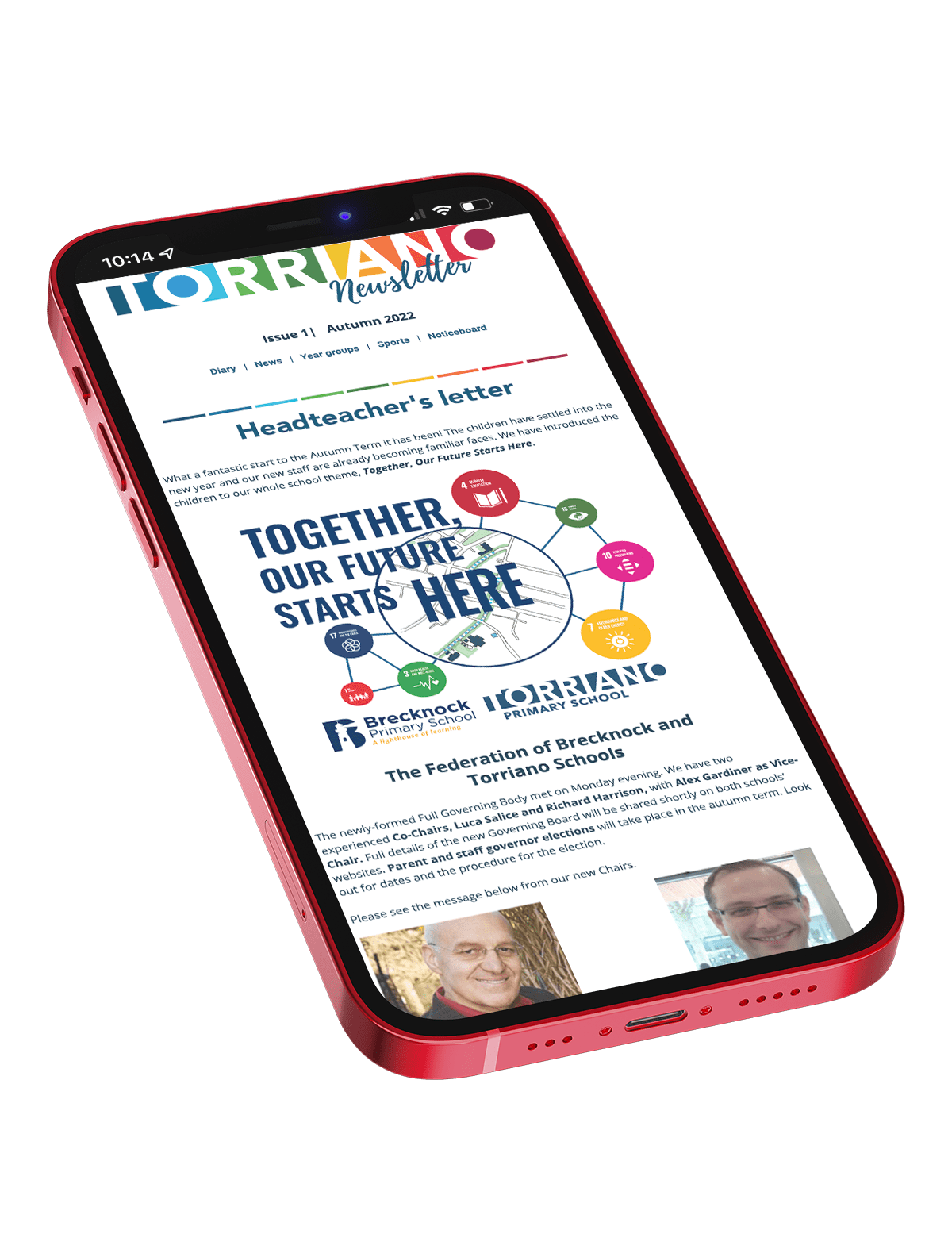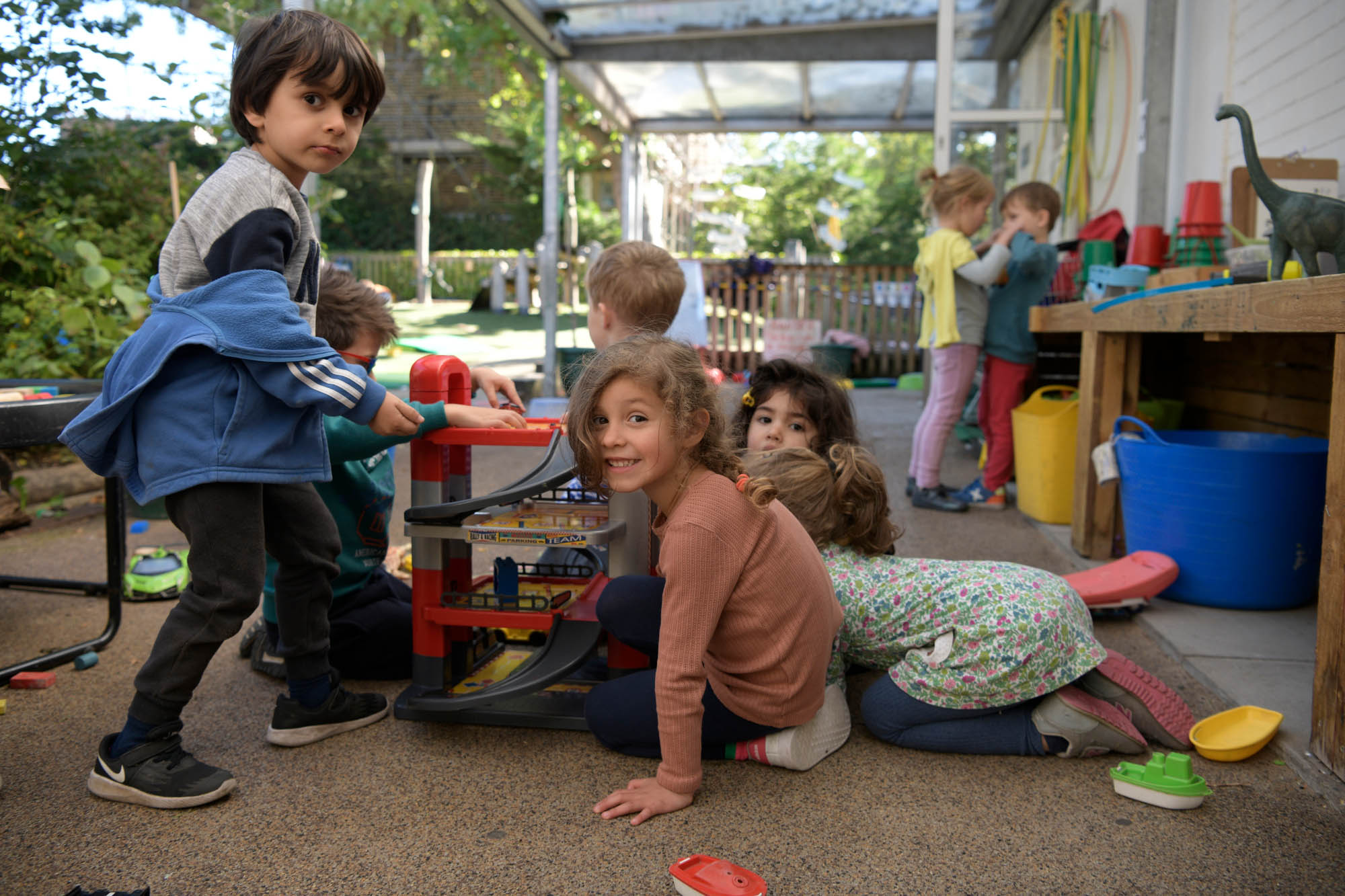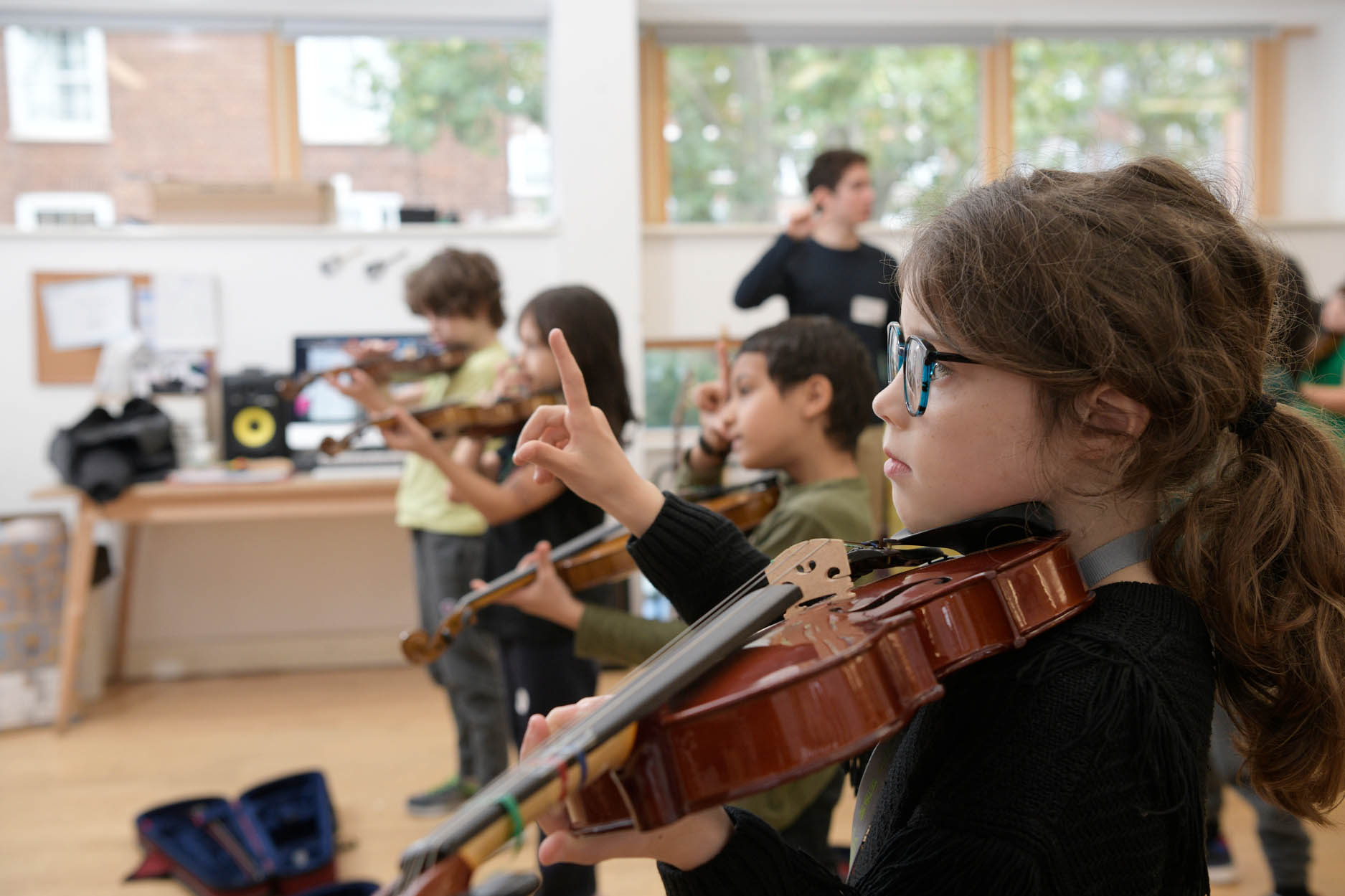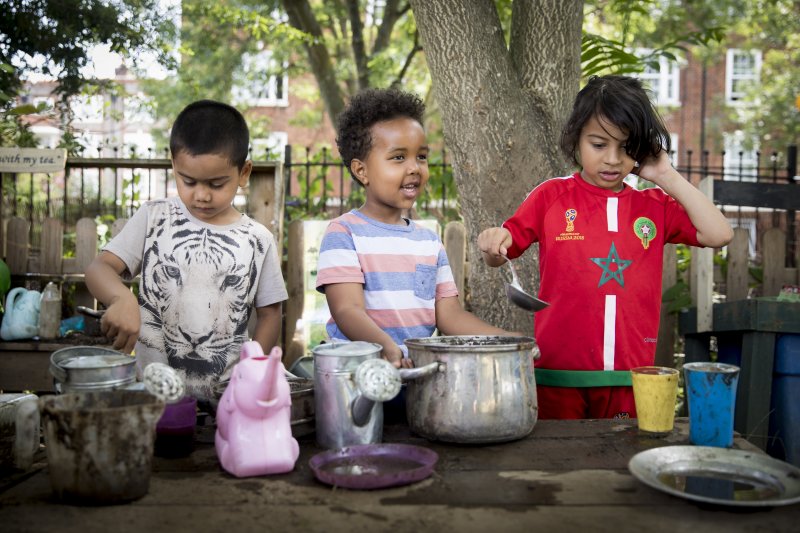Intent
At Torriano, we deliver a broad and accessible music curriculum that enables students to explore the importance of music within the world today. By developing a deep and structured understanding of the development of musical styles and relevant significant people, students are able to contextualise their personal musical experiences and draw comparisons and conclusions about music across a range of times and cultures. Within every music unit of work we strive for all students to make effective progress within the core elements of music; singing, listening, composing and musicianship.
Knowledgeable Learner

- Where appropriate, lessons will be contextualised within the pupils’ wider curriculum learning to enable them to make connections and more deeply understand its cultural significance and impact.
- Music teaching is delivered in line with the new Model Music Curriculum. Children learn key musical skills to inform their performance and compositional choices, such as interpreting and moving to a steady beat, manipulating and representing rhythm and pitch, and how to keep themselves safe when singing and playing musical instruments.
- Teaching and planning provides opportunities for all children to engage with a wide range of classical and contemporary musicians and musical styles, from different cultures around the world.
- All children in Year 3 will learn the recorder. All children in Year 5 will learn a brass instrument with a specialist teacher as part of the Camden Wider Opportunities.
- Children learn to create and compose music, both on their own and with others.
- Children use technology as part of their lessons. Brecknock is fully equipped with a digital music suite, accessible to Torriano children. Children have opportunities to weave music composition, animation and a variety of multi-media techniques through other curriculum work.
Confident Communicator

- Through good vocal production, careful listening and a well-developed sense of pitch, pupils will be able to sing in harmony and with musical delivery by the end of Year 6. All pupils have many opportunities to perform a wide range of repertoire as a singer, from the EYFS and throughout their time at Torriano. Children are taught to sing and use their voices to create different effects.
- Good vocal technique will be developed through these singing opportunities which support children in developing their speaking voice, enabling them to become confident communicators across the curriculum.
- Children are taught to engage with and use standard and non-standard notation to communicate their musical choices. Children develop a strong understanding of musical terms and vocabulary which they employ confidently when commenting on their listening or asking relevant questions.
- Through ensemble work and composition, children are provided with numerous opportunities to work as part of a group and develop their leadership and teamwork skills.
- Children are encouraged to make judgements and express personal preferences about the quality and style of music.
Active Citizen

- The power of music to communicate messages empowers children to use it as a vehicle of expression throughout their time at Torriano and beyond. Children will learn about the impact of music and consider how they can actively participate in creating music that celebrates their values and challenges injustice.
- Children will be exposed to a range of careers in the music industry and be provided with opportunities to meet working musicians and ask them questions.
- In collaboration with Camden Music, children will be given opportunities to make music with children and specialists from the wider community. Teachers will support in signposting parents to relevant extracurricular opportunities on offer when appropriate to support individual children’s ongoing musical progression.
- Leadership are committed to an arts rich curriculum, through research projects with universities and national cultural organisations.
Implementation
- The music curriculum is inter-connected with the wider curriculum and links with learning in other subjects. Examples of this would be linking music to maths and science in a STEAM project, or creating their own composition to reinforce their history or geography work.
- The curriculum provides a clear progression model, supporting the layering of new knowledge and skills on secure foundations, which are recapped constantly.
- Music assemblies take place every week for all children in KS1 and KS2, providing children with regular experiences to sing and celebrate as an ensemble. Children in Early Years and Key Stage 1 are exposed to regular singing in their classroom environments.
- All children perform as part of a mass choir for school annual performances. All children will perform as part of a year group ensemble at the end of spme projects.
- Torriano demonstrates an inclusive approach to musical cultural capital and encourages pupils to be open-minded in their listening as well as knowledgeable about the breadth of musical genres in the world today. Pupils are encouraged to share their thoughts about their own listening habits and the music they experience at school.
- All children, including those who have SEND, are supported to fully access the music curriculum. This may include additional adult support and structured musical opportunities for SEND children.
- Children from disadvantaged backgrounds have access to subsidised peripatetic lessons through Camden Music Services and access to music clubs – extra curricular provision.
- Extra-Curricular Opportunities
- For those students who wish to take their music making to the next level we offer a substantial extra provision. Weekly run clubs include; band, jazz orchestra and two choirs. We offer consistent opportunities where students can master their skills and perform at venues such as The Royal Albert Hall, The Tower of London and The Royal Academy of Music. Partnerships with organisations such as The Royal Opera House, Aurora Orchestra and The Place enrich children’s access to music.
Impact
- Children see themselves as future musicians and recognise the important role music plays in our lives in shaping society.
- Through our music teaching and learning, pupils should be able to recall knowledge, use technical vocabulary and develop music specific skills.
- Specialist subject leaders monitor progress and are informed by pupil performances and conferencing.
- Planning audits are used to support teachers in delivering high quality lessons.
- Pre and post assessment tasks are planned for each music unit, covering both skills and knowledge which can be seen in the outcomes of projects.
- Formative teacher assessment and teacher feedback takes place throughout the unit and can be given verbally.
- Music is highly valued as part of our arts rich curriculum.
You can see the Music Progression document here.
Children can practice skills, access skills and enjoy videos of performances at Road and Tom’s website.
You can access this resource here: https://www.rod-n-tom.com/




